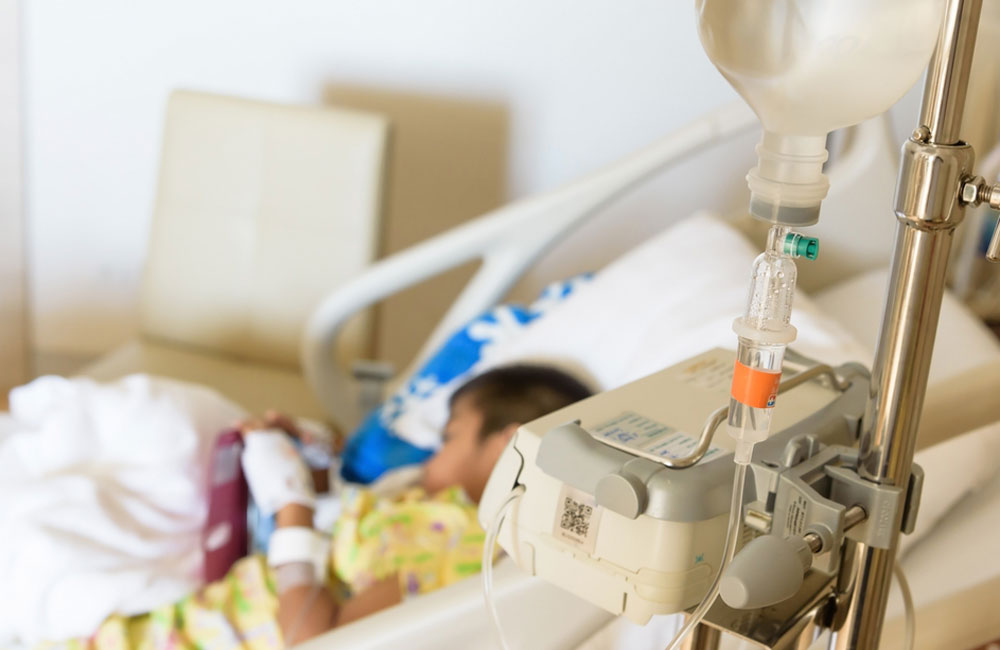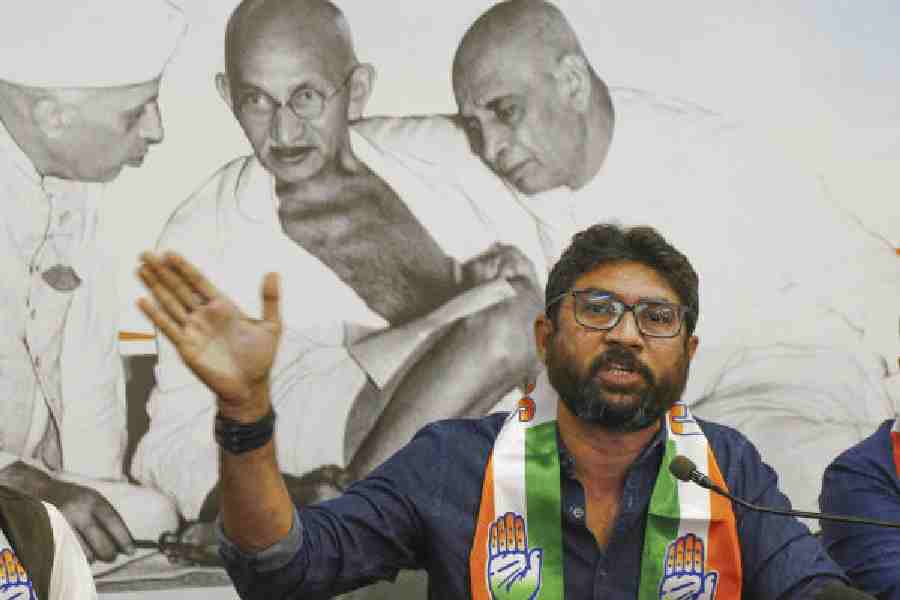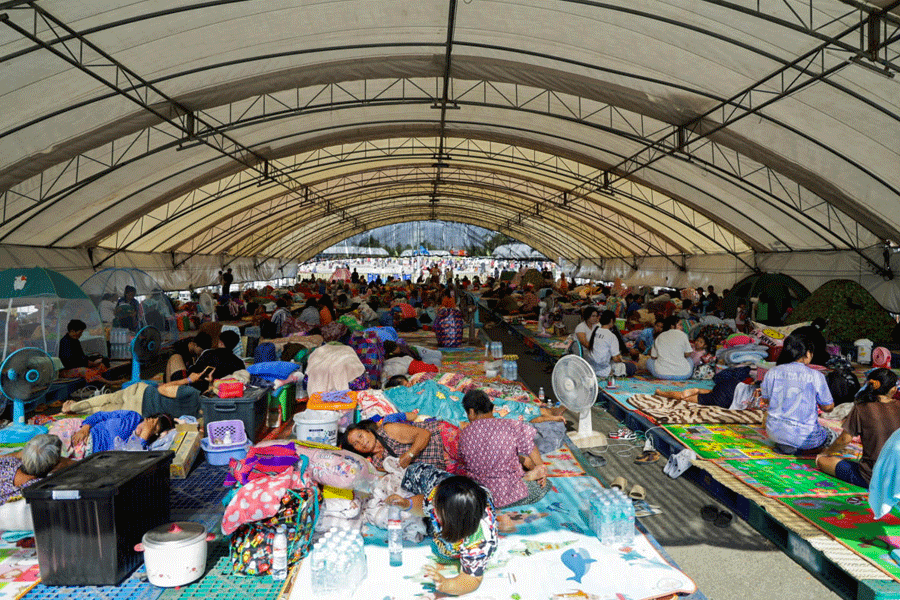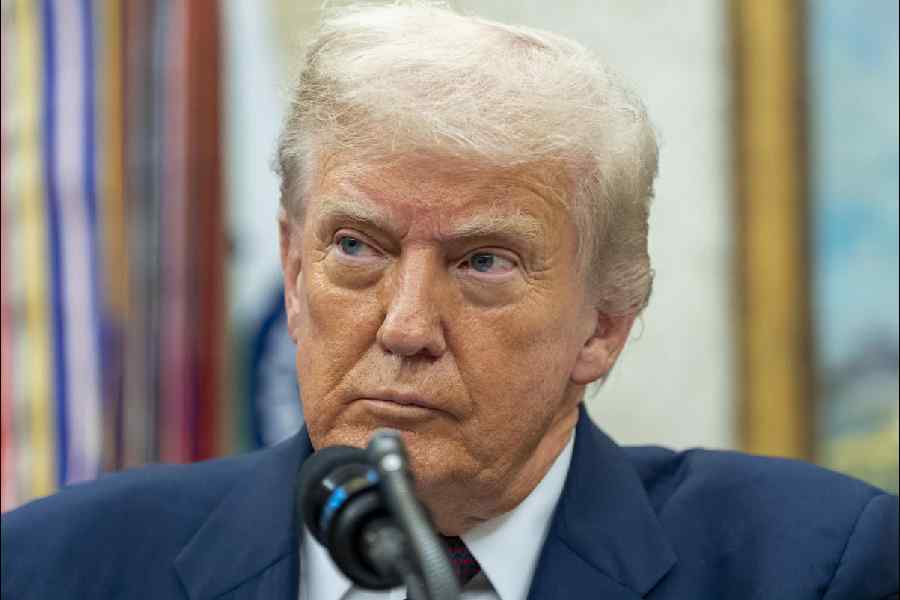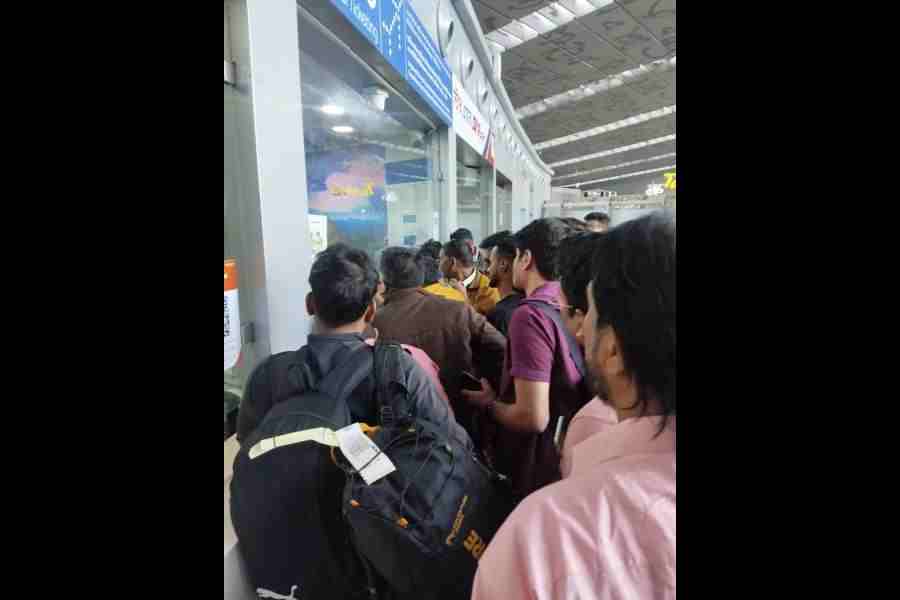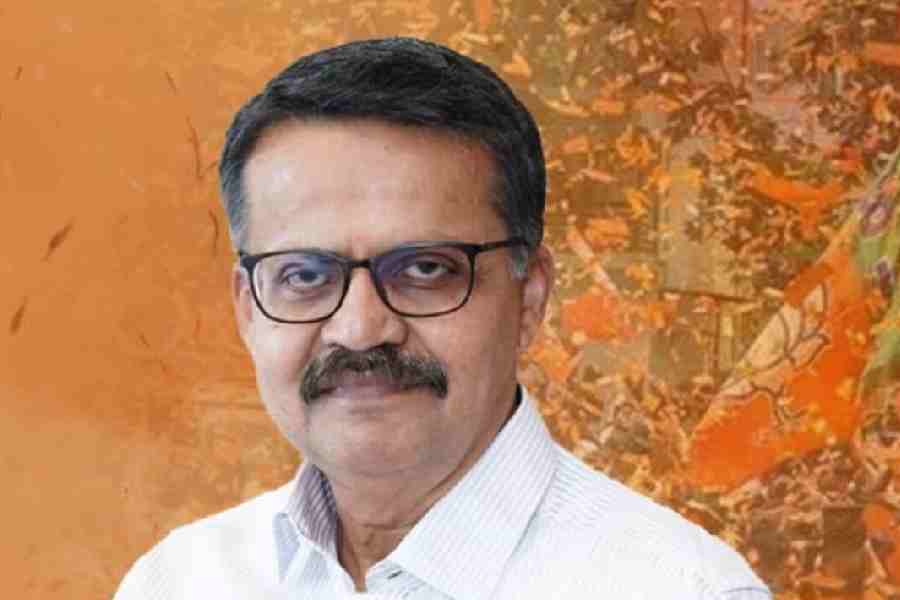The Union health ministry has cited bureaucratic barriers and high costs to renege on its pledge to help treat patients, mostly children, with rare and expensive-to-treat diseases through a Rs 100-crore corpus announced last year.
Affected parents have decried the ministry’s decision and pointed out that many children — among about 180 hoping to receive treatment over the past year — have died because their families could not afford the treatment they needed.
The health ministry said on Monday that no corpus had been created because it had assigned rare disease management to the National Health Mission (NHM) whose funds can be used only for primary and secondary health care and not for rare diseases.
“The mandate of NHM is primary and secondary care. Rare diseases management mostly falls under tertiary care,” the ministry said in an affidavit submitted to Delhi High Court that is hearing petitions from parents seeking government support for treatment.
The ministry had in March this year told the court it had created the Rs 100-crore corpus promised under the National Policy for Treatment of Rare Diseases announced in July 2017 to support treatment. But the affidavit filed on Monday said no such corpus had been created under the NHM, adding that the earlier statement was an “honest mistaken belief” that NHM funds could be earmarked for rare diseases.
The policy had proposed mechanisms under which the Centre and the states would share in a 60:40 ratio the expenses of treating rare diseases. But the ministry has now said it will “reframe” the policy, arguing that it is “not feasible to implement” it in a “resource-limited situation”.
Parents are angry at what they view as the ministry’s attempt to turn away from a policy that had raised hopes among many who could not afford treatment costs that range from Rs 3 lakh to over Rs 45 lakh per year.
“It is shocking to learn what the ministry is now saying — we’re devastated,” said Prasanna Shirol, executive director of the Organisation for Rare Diseases India. “They’re citing bureaucratic reasons and funds to deny children with rare diseases a chance to live.”
No one knows how many children in India suffer from rare diseases which, according to different definitions, have prevalence rates from one or less per 1,000 people to 5 per 10,000 people.
Children with rare inborn diseases such as Fabry disease, Gaucher Disease, or Pompe disease require long-term enzyme replacement therapy. A medical panel examining treatment costs in India had pointed out that the cost of treating a 10kg child would range from Rs 18 lakh to over Rs 1.7 crore per year.
Since the policy was announced, the health ministry has received through state-level panels set up to screen and identify eligible children about 180 applications for treatment. While no application was approved, Monday’s affidavit clarifies no funds are available.
“This is a cruel mockery — mockery of children, of parents, of the judiciary,” Manjit Singh, president of the Lysosomal Storage Disorders Support Society, a group campaigning for government support for rare diseases.
Singh said 16 patients awaiting treatment had died over the past two years. Shirol, in a letter sent to the health ministry on December 10, said six children had died while waiting for treatment over the past year.
The health ministry, in its affidavit, has cited concerns expressed by the Delhi, Kerala and Tamil Nadu governments, questioning the plans to support expensive treatment amid limited resources and asking the Centre to bear all or most of the costs.
Parents have been urging the government to work with the pharmaceutical industry to find ways to lower costs of expensive treatment.
Many accept the logic that drugs for rare diseases will be expensive because they have relatively small markets, but are hoping the pharmaceutical industry will lower costs if the government decides to support treatment.
Karnataka became the first state in the country in 2016 to negotiate with drug companies and start providing rare disease treatment to eligible children, Shirol said. “This is a model that the Centre could adopt — but there has to be a will.”
The July 2017 policy had highlighted the need for “multipronged strategies” to make drugs more affordable — through steps to encourage generic and local manufacture of drugs and getting public sector units to produce drugs for rare diseases.

